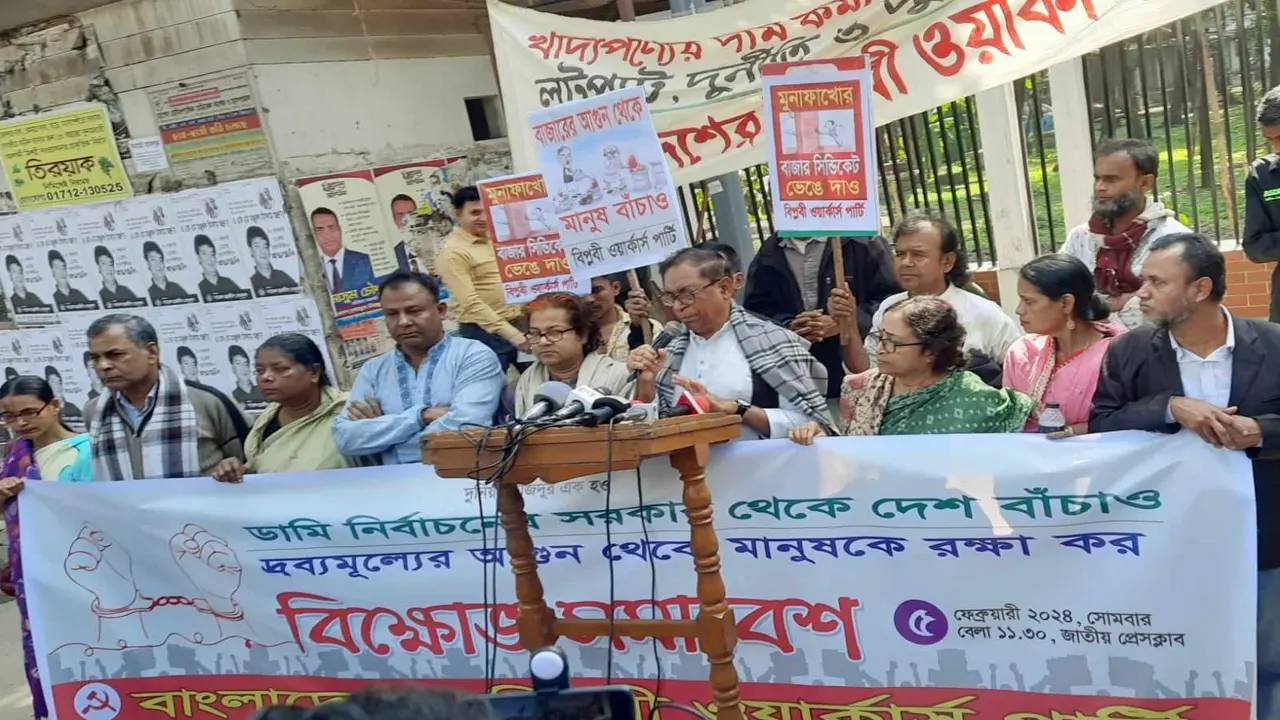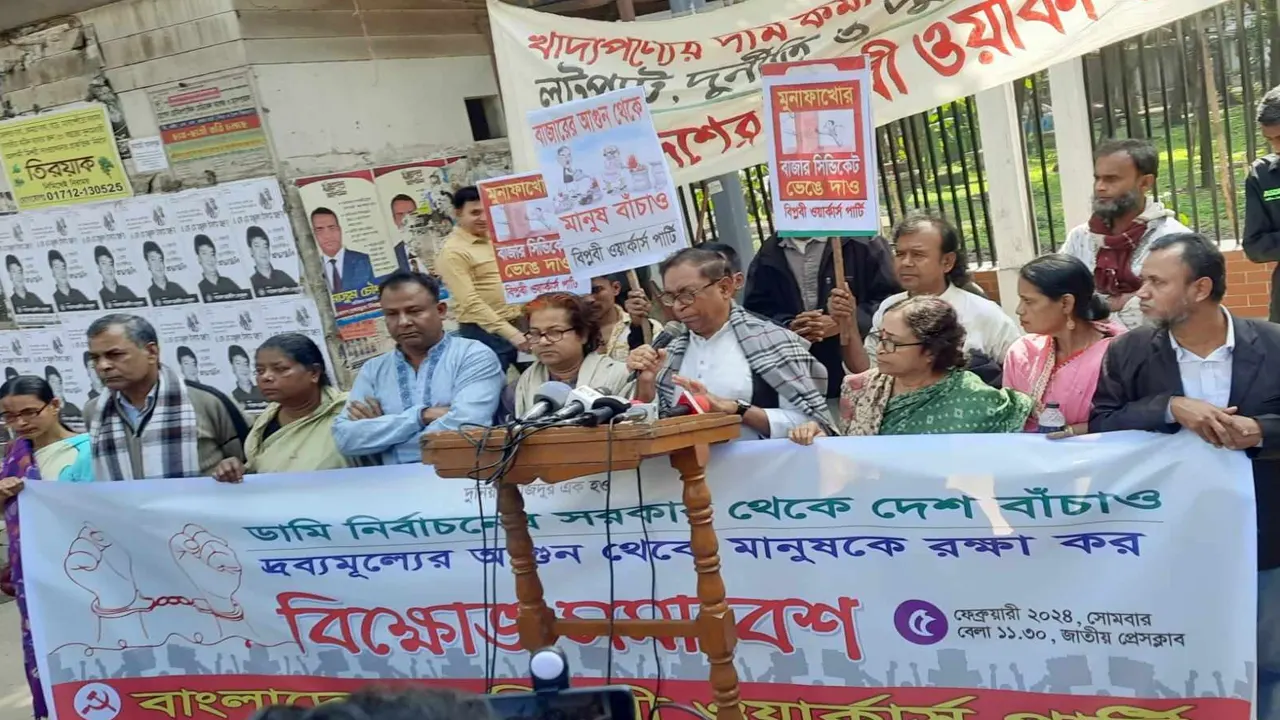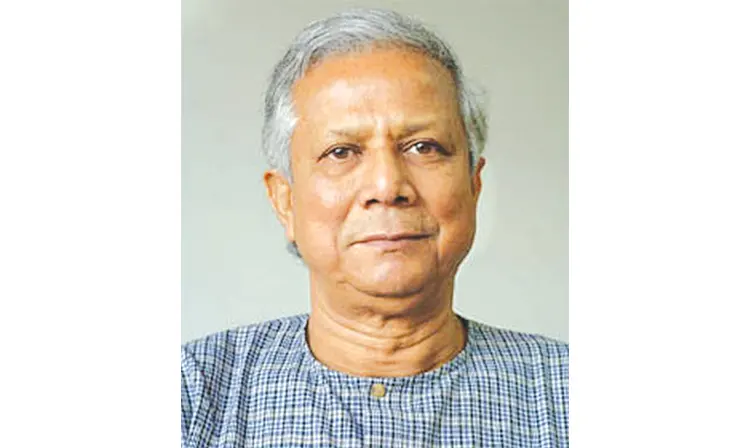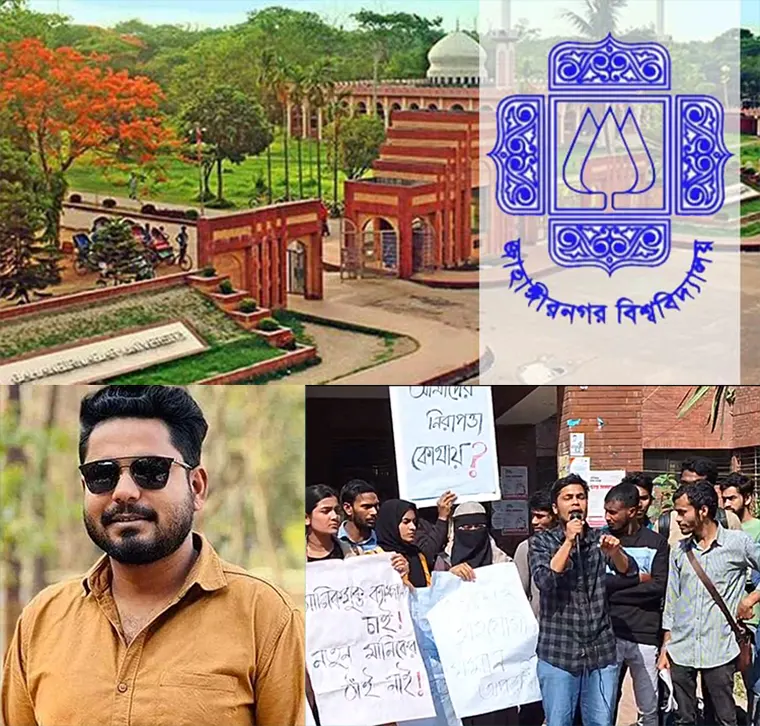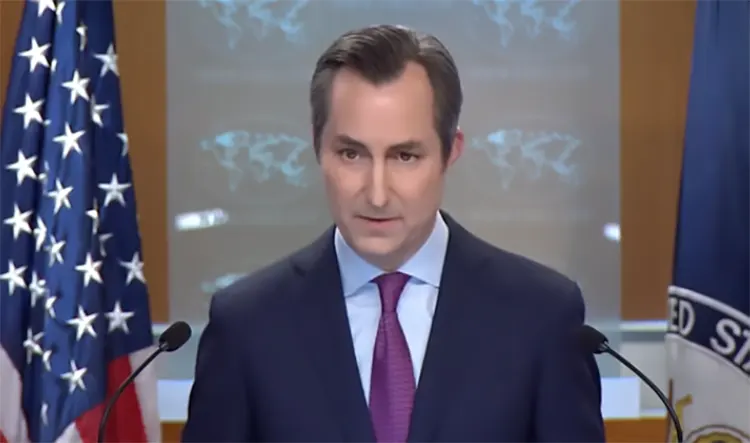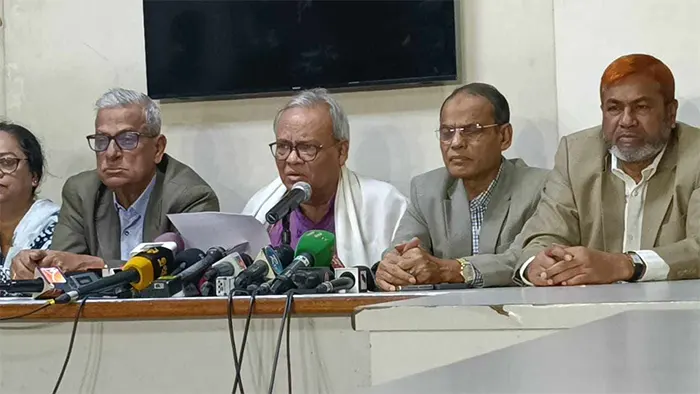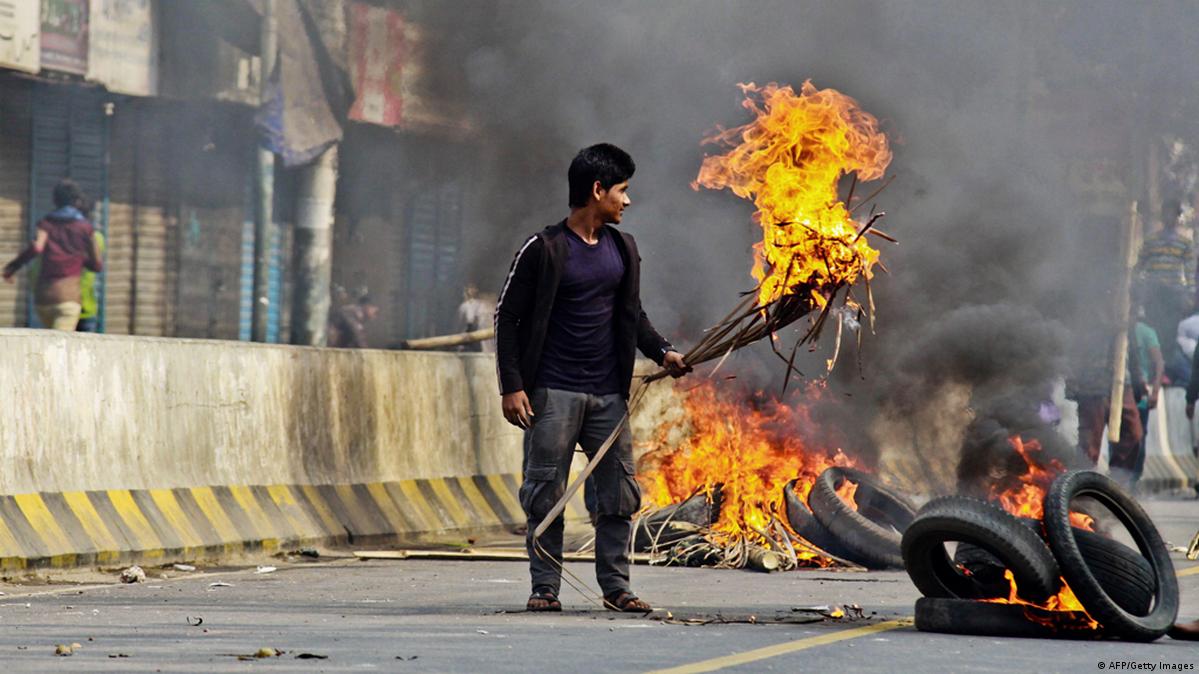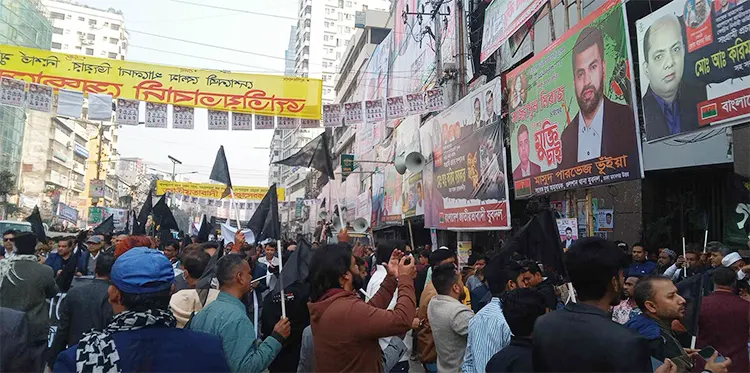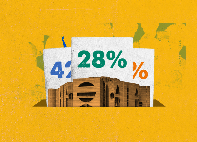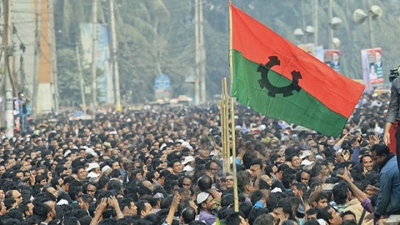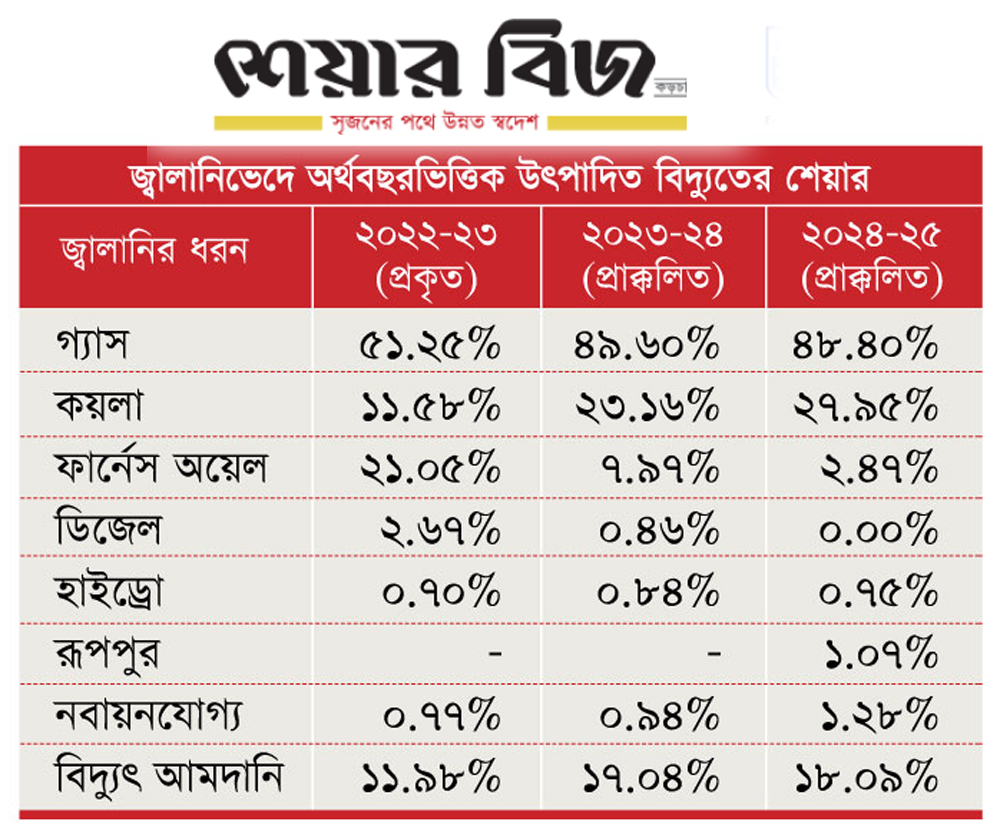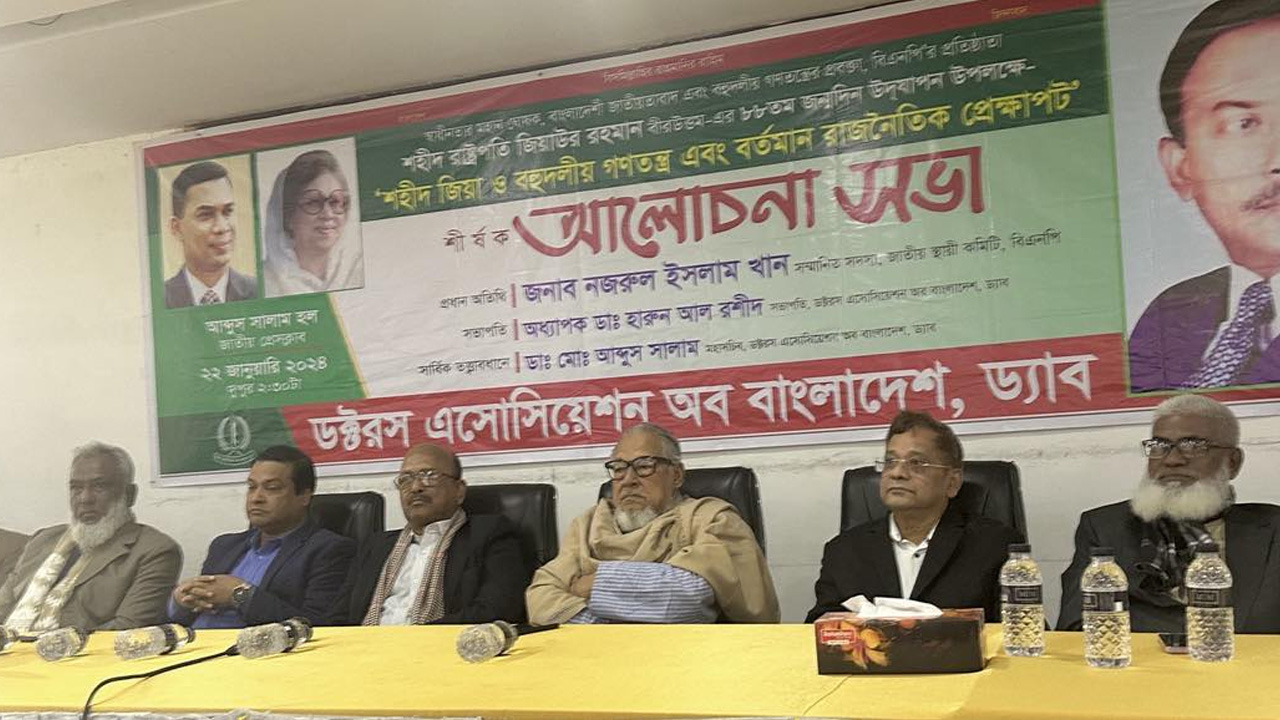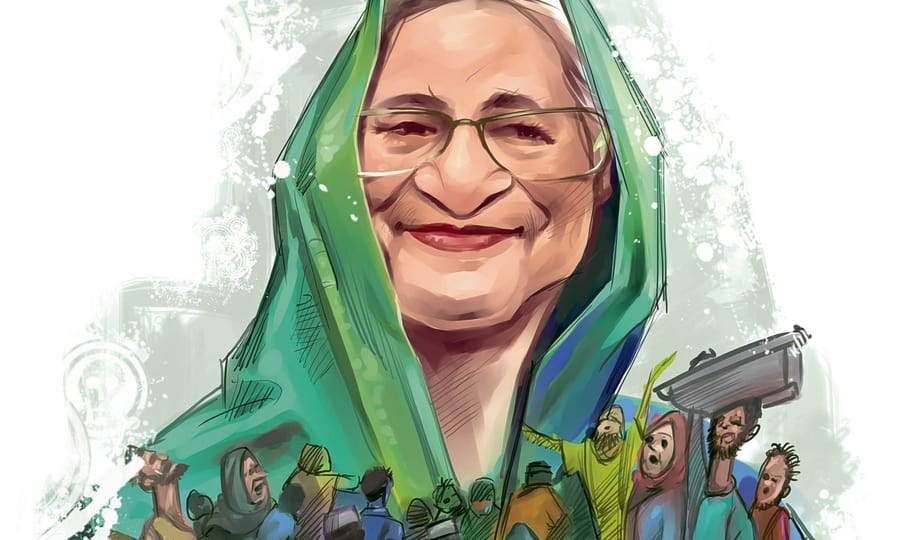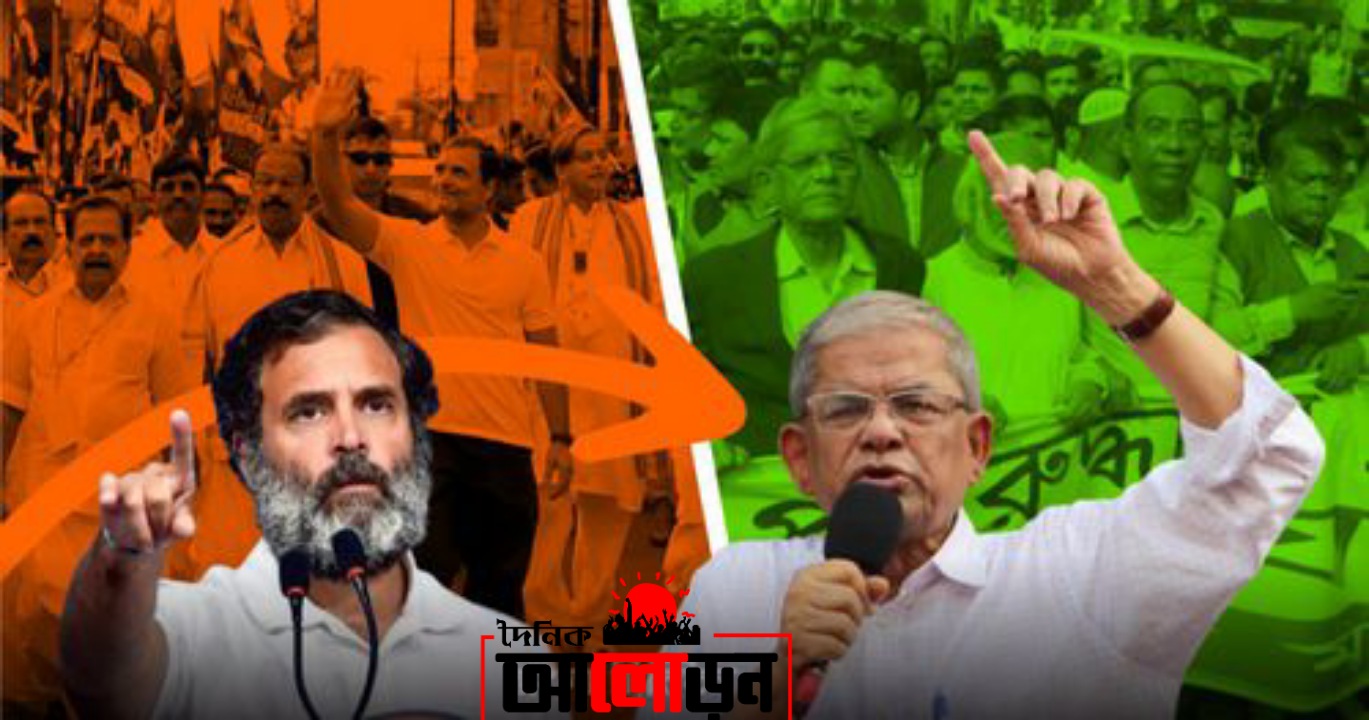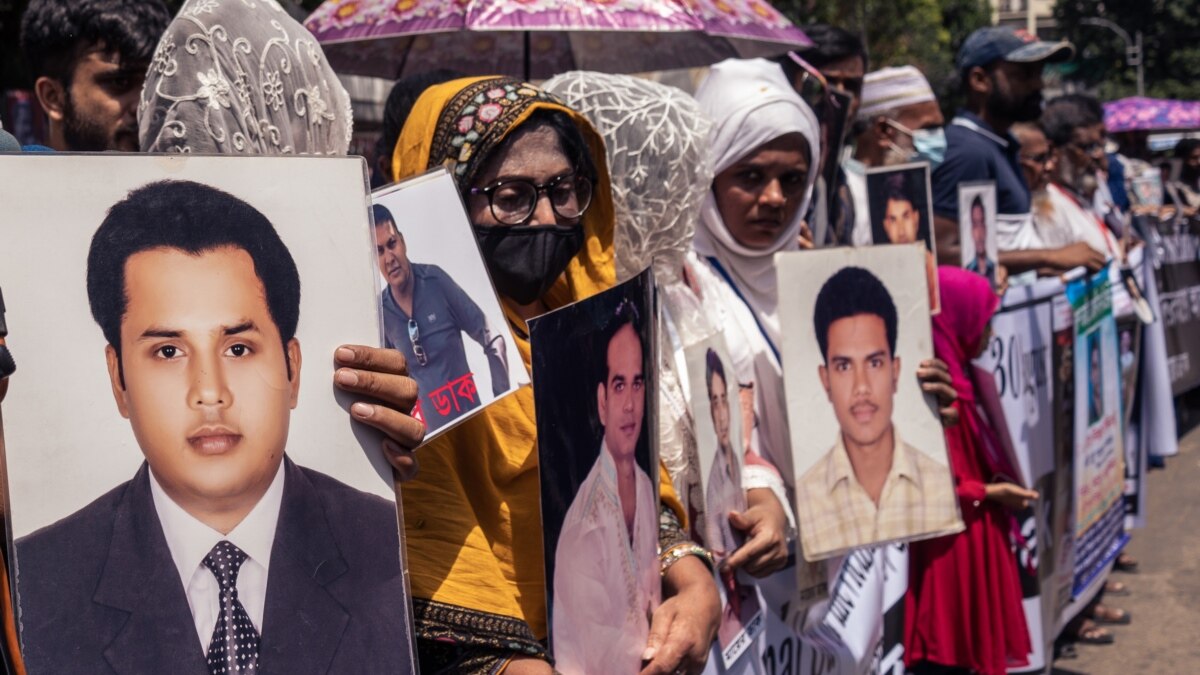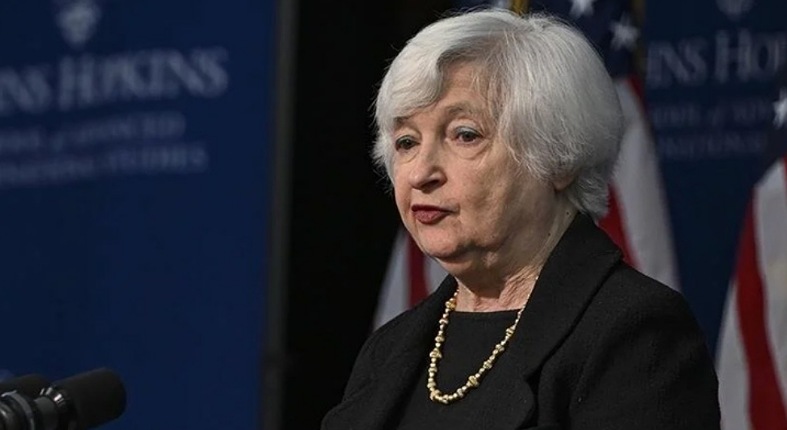
Apurbo Ahmed Jewel : Currently, the Awami League-led government has been in power for the past 10 years and has extended its power for another five years. The government’s main slogan is ‘Development,’ and they have undertaken various infrastructure projects in and around Dhaka city and the country. Projects such as expanding roads, building flyovers and bridges, constructing tunnels under rivers, establishing nuclear power plants, and seaports are part of their development plans. They claim that development is happening, but the question remains: how much are we benefiting from this development?
In the last 10 years, two elevated expressways have been built in Dhaka. Many roads pass under these elevated expressways. However, has the daily commute for the people of Dhaka become easier? Statistics do not support that claim. A World Bank study reveals that 11 years ago, the average speed of vehicles in Dhaka was 21 kilometers per hour. Now it has dropped to 7 kilometers per hour. People walk at an average speed of 5 kilometers per hour. Regardless of the government’s development claims, if the public is not experiencing the benefits, then that development is meaningless.
Even if we disregard the World Bank’s research, the common people’s experience tells a different story. For example, the Dhaka-Chittagong highway has expanded to four lanes. However, the travel time from Dhaka to Chittagong has increased. Why? Due to poor management. Trucks and buses occupy the wrong lanes, causing traffic jams and markets to set up along the highway. Without proper control, just building roads will not lead to development.
The way a country’s transportation system or a city develops, how it is managed, ensuring citizens’ convenience, and planning for the future vary from country to country. Even in the past, cities or transportation systems that spontaneously grew can be transformed, improved, and citizens’ convenience ensured. Dhaka city has two elevated expressways, which the government claims as development. However, the conditions beneath these expressways tell a different story. The once broad roads underneath have become narrow, covered in garbage or encroached upon. The situation is worse than before, indicating a lack of proper planning or management.
Building elevated expressways within a city does not demonstrate modernity or farsightedness. The development should be harmonized, not just in terms of infrastructure but also in planning. To ensure that the development projects are not just for show, proper planning and effective management are crucial. Development should not be merely about constructing roads and bridges; it should include well-thought-out planning and efficient management.
Development without planning is not development; it’s unorganized growth. To achieve development, both planning and execution need to be coordinated. Development means doing something that benefits the people. Just constructing infrastructure does not qualify as development. It’s essential to consider multiple perspectives in the development of infrastructure. If one project is not synchronized with another, it may lead to chaos. Without proper management, infrastructure can become obsolete. Therefore, the development of management is equally vital. Viewing development holistically, if we focus only on infrastructure without understanding the importance of management, the public will not reap the benefits of that development.

